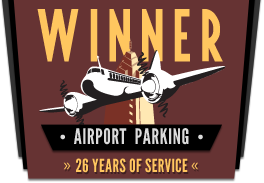…And Would You Ride in One?
We’ve already dived into the world of self-driving cars, so why not dive into the world of self-flying planes? According to a study by Swiss bank UBS, pilotless planes could save the airline industry up to $30 billion every year, which makes the idea pretty appealing. But the question is - would you fly in a pilotless plane?
A Willingness to Travel
In that same UBS study, more than half of the 8,000 people surveyed said they wouldn’t travel in a pilotless plane, even if the price was cheaper. In fact, only 17 percent said they would take an uncrewed flight, but that percentage rose to 27 percent when the sample size was reduced to those aged 18–24, and 31 percent with those aged 25–34.
When it comes to costs like optimized flight path fuel gains and pilot training, they can add up fast in the airline industry. Pilotless flight could help significantly reduce these costs and UBS believes passengers could then see these savings (up to 11 percent) passed down to them in cheaper flight fares.
Safer Flights
In addition to cost savings, autonomous flight could also make travel safer by minimizing human error. There are already several companies working to take advantage of this idea, including Lilium Aviation, which has already built an all-electric two-seater vertical take-off and landing prototype and Urban Aeronautics has plans to build a four-person, hydrogen-powered “flying car” by 2022.
The report predicts air taxis and cargo flights being the first flights to fly without pilots. After that, business jets, helicopters, and finally, commercial passenger flights are said to follow.
